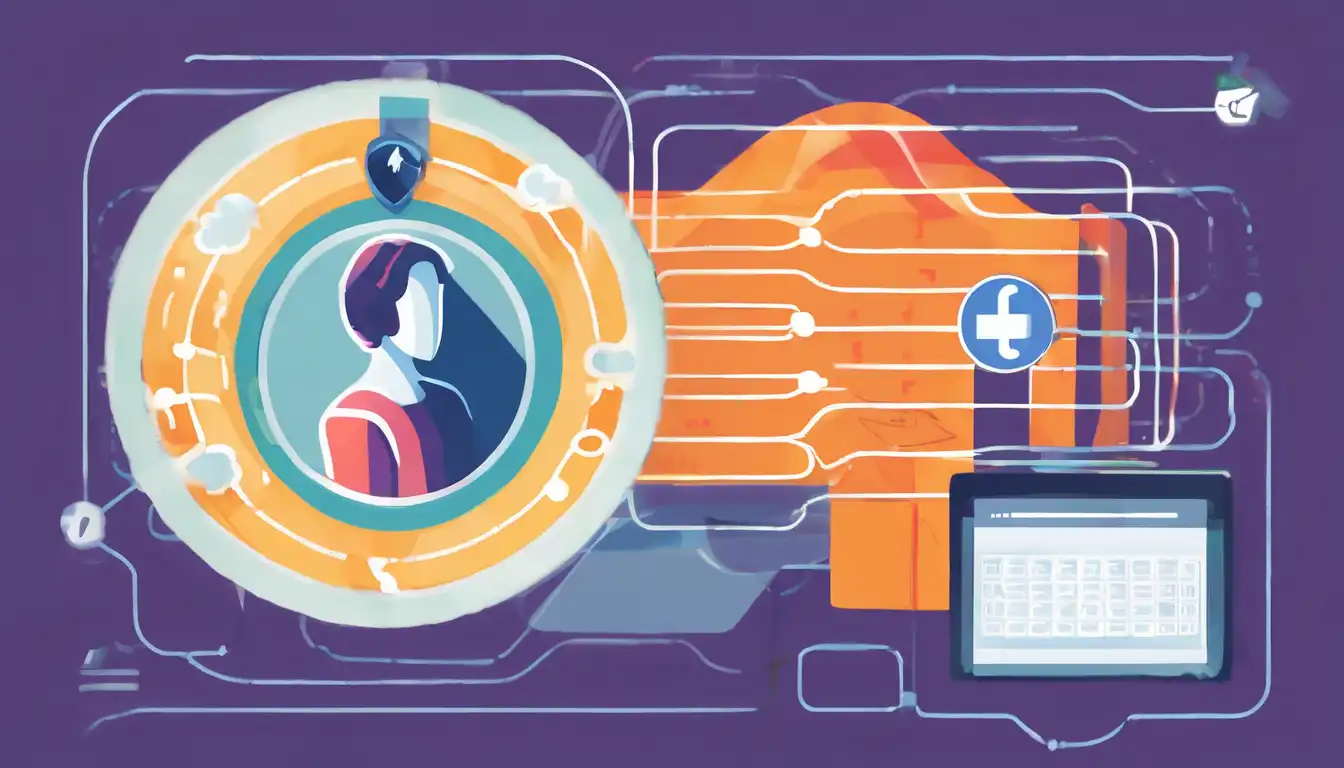What is a VPN and Why Do You Need One?
In today's digital age, protecting your online privacy has never been more important. A Virtual Private Network (VPN) is a powerful tool that helps safeguard your internet connection and personal data from prying eyes. Whether you're browsing from home or using public Wi-Fi, a VPN encrypts your internet traffic, making it nearly impossible for hackers, ISPs, or government agencies to track your online activities.
How Does a VPN Work?
A VPN creates a secure tunnel between your device and the internet. When you connect to a VPN server, your IP address is masked, and your data is encrypted. This means that your online actions are virtually untraceable. VPNs are essential for maintaining privacy, especially when accessing sensitive information or when in countries with strict internet censorship.
The Benefits of Using a VPN
There are numerous advantages to using a VPN, including:
- Enhanced Privacy: By hiding your IP address, a VPN ensures that your browsing history remains private.
- Secure Public Wi-Fi Use: VPNs protect your data from being intercepted on unsecured networks.
- Access to Geo-Restricted Content: With a VPN, you can bypass geographical restrictions and access content from anywhere in the world.
- Safe File Sharing: VPNs provide a secure way to share files without the risk of eavesdropping.
Choosing the Right VPN for Your Needs
Not all VPNs are created equal. When selecting a VPN, consider factors such as encryption standards, server locations, speed, and privacy policies. It's crucial to choose a reputable provider that does not log your activities. For more information on selecting a VPN, check out our guide on Internet Security Essentials.
Online Privacy in the Digital Era
Online privacy is a growing concern for internet users worldwide. With increasing surveillance and data breaches, taking proactive steps to protect your personal information is essential. A VPN is just one tool in your privacy toolkit. Other measures include using strong, unique passwords, enabling two-factor authentication, and being cautious about the information you share online.
The Future of Online Privacy
As technology evolves, so do the threats to our online privacy. Staying informed about the latest security trends and tools is key to protecting yourself in the digital world. Whether it's through VPNs, encrypted messaging apps, or secure browsers, taking control of your online privacy has never been more accessible.
Remember, in the fight for online privacy, knowledge is power. By understanding how VPNs work and the importance of protecting your digital footprint, you can navigate the internet with confidence and security.
